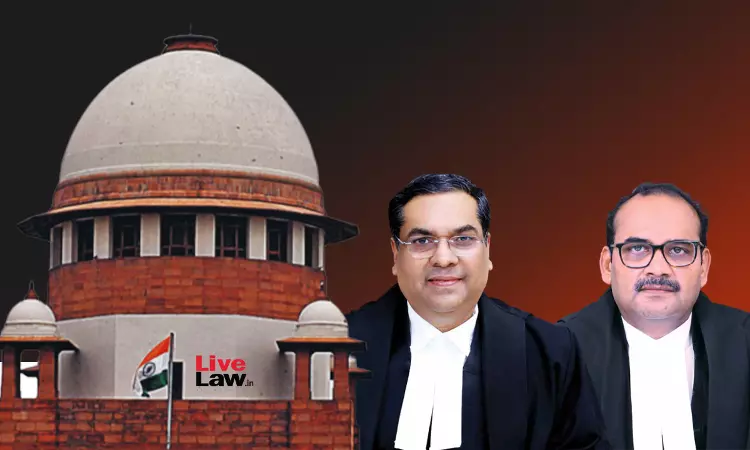Magistrate Must Examine If Complaint Constitutes Only A Civil Wrong Before Summoning Accused : Supreme Court
Ashok KM
3 Jan 2023 4:34 PM IST

Next Story
3 Jan 2023 4:34 PM IST
The Supreme Court observed that a summoning order under Section 204 CrPC should not be passed lightly or as a matter of course."When the violation of law alleged is clearly debatable and doubtful, either on account of paucity and lack of clarity of facts, or on application of law to the facts, the Magistrate must ensure clarification of the ambiguities", the bench of Justices Sanjiv Khanna and...
